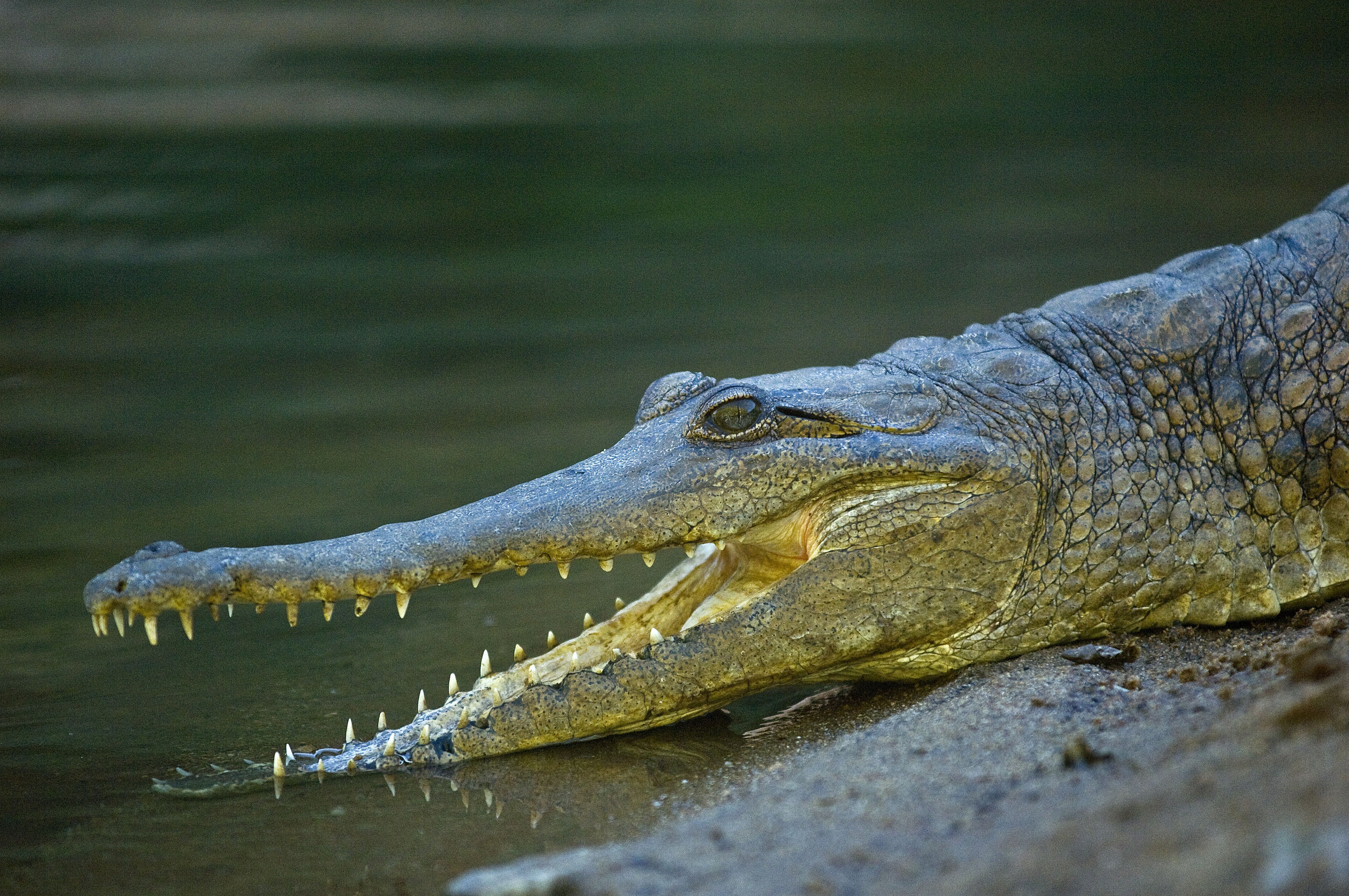Man survives after being bitten on head by crocodile
The snorkeler was airlifted to a hospital

Your support helps us to tell the story
From reproductive rights to climate change to Big Tech, The Independent is on the ground when the story is developing. Whether it's investigating the financials of Elon Musk's pro-Trump PAC or producing our latest documentary, 'The A Word', which shines a light on the American women fighting for reproductive rights, we know how important it is to parse out the facts from the messaging.
At such a critical moment in US history, we need reporters on the ground. Your donation allows us to keep sending journalists to speak to both sides of the story.
The Independent is trusted by Americans across the entire political spectrum. And unlike many other quality news outlets, we choose not to lock Americans out of our reporting and analysis with paywalls. We believe quality journalism should be available to everyone, paid for by those who can afford it.
Your support makes all the difference.An Australian snorkeler was rushed to the hospital after being bitten on the head and neck by a saltwater crocodile while exploring the waters of a remote island off the coast of northern Queensland.
The 33-year-old man was attacked on Wednesday afternoon in deep waters 50 metres off Lizard Island, which is home to a large luxury resort. He is believed to have been bitten in Anchor Bay, offshore from the resort.
He was treated at the scene before being flown to Cairns Hospital, where he is being treated for non-life-threatening injuries, a spokesperson for the Department of Environment and Science said.
The man is in stable condition, but a spokesperson for the Royal Flying Doctor Service (RFDS), said that he is lucky to be alive.
“He was doing remarkably well, given the circumstances, and was stable throughout the flight,” Lee Poole, the RFDS spokesperson told the Brisbane Times.
“Crocodile attacks in north Queensland are rare but obviously with an animal of that nature and size, they can be devastating and people have lost their lives," he added.
The island is known for being a crocodile hotspot and the attack is believed to be the 37th in the state since 1985, according to the same newspaper. Eleven of the attacks have been fatal.


Join our commenting forum
Join thought-provoking conversations, follow other Independent readers and see their replies
Comments